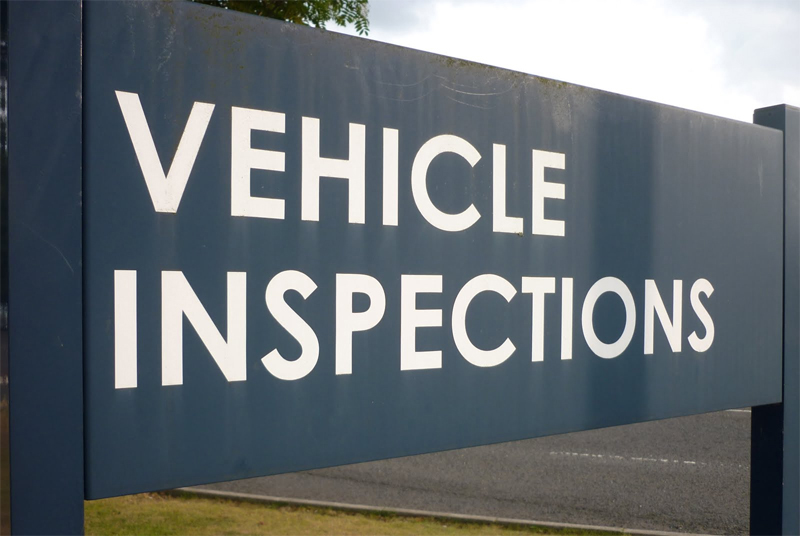
VIC Scheme Abolished
 Department For Transport, Motor Salvage, Motor Vehicle Dismantlers Association, Salvage Vehicle Categories, Vehicle Repair, VIC Scheme
Department For Transport, Motor Salvage, Motor Vehicle Dismantlers Association, Salvage Vehicle Categories, Vehicle Repair, VIC SchemeAfter a lengthy consultation period between the Department for Transport (DfT) and key stakeholders the VIC scheme as we know it has been abolished as of 1st October 2015. As active members of the Motor Vehicle Dismantlers Association (MVDA) we have been fighting hard for change and welcome these long-overdue developments.
What is the VIC scheme?
In 2003 the DfT introduced the VIC scheme to reduce car ringing (amongst other vehicle crimes) which cost the economy an estimated £3 billion annually. Car “ringing” involves passing off stolen cars as accident/damage repaired vehicles. In result this would lead to innocent motorists purchasing a car which they later discovered to be stolen.
The VIC scheme meant that any vehicle written off by insurers would have a marker placed against it on DVLA records and the DVLA would not issue a replacement V5 (logbook) until the vehicle had been subjected to a VIC test and passed. This test proves the vehicle’s identity and allows the DVLA to issue a replacement V5C. The VIC scheme applied to all Cat A, B & C vehicles that were looking to be returned to the road.
VICs were undertaken at test centres throughout the UK by the Driver Vehicle Standards Agency (DVSA) in Great Britain and the Driver and Vehicle Agency (DVA) in Northern Ireland on behalf of the DfT.
What changes have been made?
From October 1st the VIC scheme has been abolished for Cat C vehicles (unless a VIC test slot has already been booked in) with Cat A & B vehicles being unable to obtain a V5 certificate after the 26th October. At this time it is our understanding that Cat A & B vehicles will still require a VIC test between the 1st and 26th October.
Therefore, if you are looking to get a Cat C vehicle back on the road you will no longer be required to book a VIC test slot, instead you can proceed to obtain a replacement V5 from the DVLA in the normal manner. It is worth mentioning that replacement V5s will be available free of charge for Cat C vehicles.
Why have changes been made?
The most prominent reason for introducing changes is that the VIC scheme proved largely ineffective since its inception as only 40 “ringers” had been identified from almost 916,000 vehicles subjected to a check. Moreover, with developments in modern vehicle technology it has been made more difficult to “ring” cars and thus the decision was made for the DfT to end the scheme given the associated costs of running and maintaining such a system.
How these changes impact you?
The benefits of abolishing the VIC scheme are both financial and time-focused. First and foremost the financial cost of £41 to undertake the VIC test will no longer be required when you need to get a Cat C vehicle back on the road. Moreover, the financial and time costs of transporting a vehicle to-and-fro your nearest VIC testing location will be eliminated.
It must also be considered that VIC checks could take up to 6 weeks to book which places a major inconvenience on owners. Therefore, in light of these changes you can get your vehicle back on the road faster and with greater ease than was possible before.
A bit about us…
We are providers of premium motor salvage with over 100 vehicles available through our weekly auctions. Click here to see what’s available today and register with one of the UK’s leading salvage platforms.
Nearside vs Offside – How to Tell the Difference
 Car Door Mirror, Car Parts, Car Parts Online, Nearside, OEM Parts, Offside, Spare Parts, Used Car Parts, Wing Mirror
Car Door Mirror, Car Parts, Car Parts Online, Nearside, OEM Parts, Offside, Spare Parts, Used Car Parts, Wing Mirror Common Ford 1.0L EcoBoost Engine Problems
 EcoBoost, Engine Problems, Engine Replacement, Ford, Used Car Engines
EcoBoost, Engine Problems, Engine Replacement, Ford, Used Car Engines 





